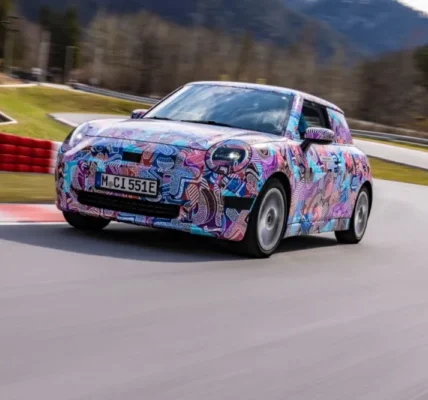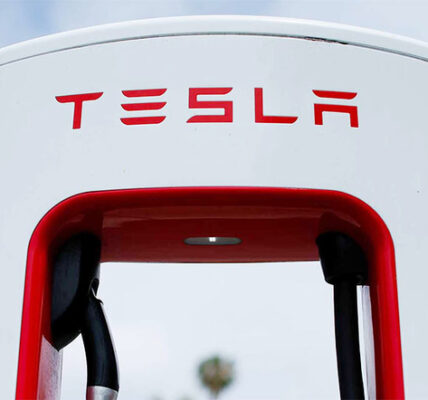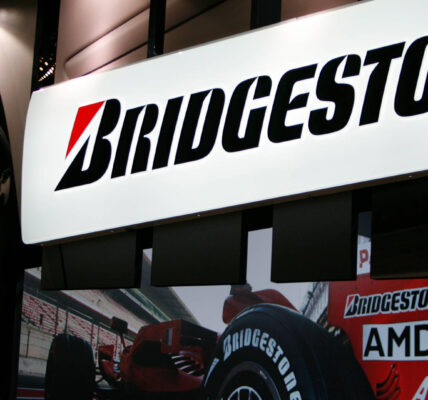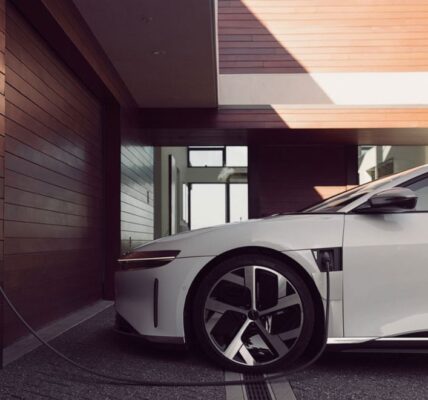The Inflation Reduction Act and the Bipartisan Infrastructure Law have collectively infused billions of dollars into the electric vehicle industry in the United States.The IRA has enabled consumer incentives such as the $7,500 tax credit, while provisions in both policies have incentives for local battery production, and charging infrastructure expansion. Policymakers in Washington have now earmarked an additional $3.5 billion, as a part of the Infrastructure Law, for the domestic production of advanced batteries and battery minerals across the country.
“The funding will create new, retrofitted, and expanded domestic facilities for battery-grade processed critical minerals, battery precursor materials, battery components, and cell and pack manufacturing,” stated the U.S. Department of Energy this week.
What does that mean? And what’s the objective? Well, one of the goals is to reduce U.S. reliance on China and South America for the processing of critical minerals like lithium-ion and to establish a local ecosystem for battery refining and production. And we don’t just need any batteries, we need energy-dense, high-tech batteries that can enable EVs to cover long distances. And we need them to be produced right here in the U.S.China manufactures 75 percent of the world’s lithium-ion batteries, and processes and refines over 50 percent of the world’s lithium, cobalt, and graphite, according to the International Energy Agency. In terms of lithium extraction, the U.S. is far behind Australia, China, and the lithium triangle in South America that comprises Argentina, Chile, and Bolivia – which are world leaders in extracting ores that contain lithium, as per Statista.
The Biden administration is aiming to push the U.S. towards net-zero emissions by 2050, and EVs are projected to account for half of all new light-duty vehicle sales by 2030. It also wants to build a domestic supply chain. All of which require huge investments, worth billions of dollars.“Positioning the U.S. front and center to meet the growing demand for advanced batteries is how we boost our global competitiveness, maintain and create good-paying jobs, and strengthen our clean energy economy,” said U.S. Secretary of Energy Jennifer M. Granholm.
At a time when manufacturers like General Motors and Ford are facing consecutive production delays, and when affordable EVs still seem like a distant dream, investing in domestic battery processing and production could revitalize U.S. carmakers. But don’t expect immediate results. It’s possible that it will take years for American consumers to witness any tangible benefits from this investment. Nonetheless, it’s a small but positive step forward in the nation’s quest to reduce reliance on other countries for its domestic battery requirements.








